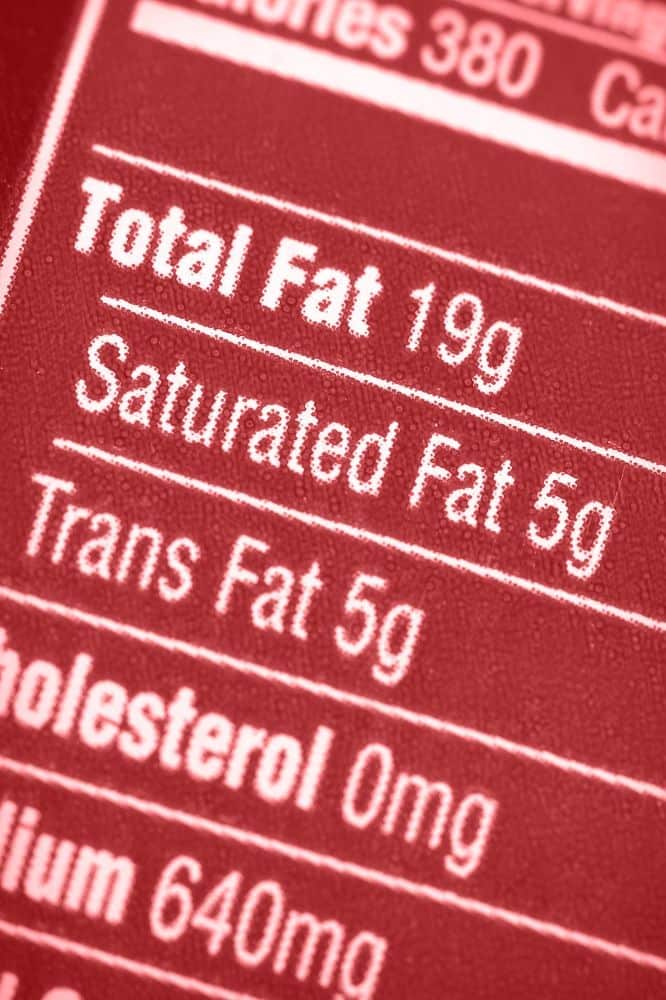

On March 17, 2014 a study was published on the website of the Annals of Internal Medicine which questioned the long held belief in conventional medicine that saturated fats in the diet are directly related to heart disease. The findings were immediately picked up by media outlets around the world and, as usual, the message was mangled.
What followed was a firestorm of outrage and criticism from authorities aligned with mainstream wisdom regarding health and nutrition. Citing poor design and “cherry-picking” they demanded retraction and disavowal. The authors, for their part, did make some revisions in the report but stand by their findings.
Here are the nuts and bolts of the study:
This study was a meta-analysis conducted by researchers from University of Cambridge, Harvard University School of Public Health and four other British medical institutions. It evaluated data from 72 previous studies concerning dietary fat and its relationship to heart disease. Previous to conducting the study the researchers performed a systematic review to assess and choose studies for inclusion in the analysis. The meta-analysis then statistically evaluates the data from the chosen studies to form a conclusion. In this case, the conclusion was to question the universally held belief that dietary saturated fats cause heart disease and cardiac-related death. The authors recommended further study.
The problem arose when the news media turned this question into a statement, proclaiming that saturated fats do not cause heart disease, so go ahead and enjoy those marbleized steaks. This, of course, is a hyperbolic misstatement designed to get attention – which it did. Having its wisdom questioned does not sit well with the ivory tower of medical research. The report’s finding that “current evidence does not clearly support cardiovascular guidelines that encourage high consumption of polyunsaturated fatty acids and low consumption of total saturated fats” was the equivalent of giving them a paper cut and pouring lemon juice on it.
The scientific community responded by accusing the researchers of ignoring important research that should have been included and of misinterpreting data from other studies. That’s interesting when one considers that the original research upon which the guidelines for dietary fat intake were based had many comparable faults. It was a similar type of study which was remarkably flawed and ignored numerous studies which provided data that did not fit the researcher’s hypothesis. That’s bad science. Ignoring the many dozens of studies conducted over the ensuing decades whose results questioned the guidelines makes the transgression even worse. Seems like sauce for the goose is not well-received when served to the gander.
Further undermining the dietary guidelines recommending low or no saturated fat is the lack of definitive proof of the entrenched belief that they are bad for you. In 1988 the U.S. Surgeon General’s Office set out to create a report conclusively demonstrating the dangers of dietary fat. Eleven years and 4 project officers later, the initiative was quietly abandoned. What had been thought to be a straightforward task turned out to be “too complicated to complete.” According to Bill Harlan, a member of the oversight committee, “the report was initiated with a preconceived notion of the conclusions.” But the science did not support the opinions.
Despite that lack of scientific underpinning, dietary guidelines have continued to stress avoidance of saturated fats in the diet. Interestingly enough, there has been no significant reduction in the incidence of heart disease in the years since these guidelines were adopted. Obesity rates, however, have surged upward during this period of time.
What does all this media hype and the resulting scientific hissy-fit mean?
In my humble opinion as a health professional it means that you should take all of this with a grain of salt and use some common sense – most everything in moderation will do you no great harm and probably be good for you.
The Mediterranean diet is a good example of this: mostly fruits and vegetables, meats and cheeses, oils from plant and animal sources, whole grains; everything in moderation. But you are not going to find the healthy Mediterranean diet at the local restaurant with the unlimited pasta and garlic bread, or in a box at the supermarket. Fresh, whole foods, cooked at home are the way to achieve healthy balance in your eating.
And, remember, how you eat is only part of it. Make sure that regular vigorous exercise and supplementation with essential fatty acids, antioxidants and a well-designed multivitamin are chapters in your healthy heart book.
Note: I think it is important to state my bias as regards this issue. I fall squarely on the side of including saturated fats, in moderation, in the diet. Our body needs all natural types of fat to function properly. And the closer it is to nature the better it will be for you – butter is better than margarine; olive oil is better than canola, etc. However, we all agree should trans fats should be avoided. They are artificially created and found mostly in processed foods.




